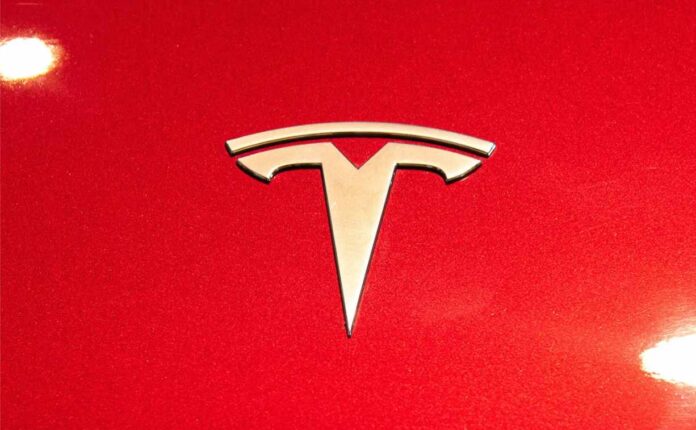- Jury finds Tesla one-third liable for a fatal 2019 Autopilot crash in Florida.
- $200M in punitive damages plus compensatory payments bring total to $242.5M.
- Plaintiffs argued Tesla misled the public about Autopilot’s safety and limits.
- Tesla plans to appeal, calling the verdict legally flawed and unfair.
A federal jury in Miami has ruled that Tesla is partially responsible for a fatal 2019 crash involving its Autopilot driver-assistance system, ordering the company to pay $200 million in punitive damages.
With compensatory damages added, the total payout rises to approximately $242.5 million, CNBC reported.
The Crash That Sparked the Trial
The lawsuit stemmed from a devastating accident in which 20-year-old Naibel Benavides Leon was killed when a Tesla vehicle using Autopilot entered an intersection without braking, colliding with an SUV. Her boyfriend, Dillon Angulo, survived but sustained life-changing injuries.
Jurors concluded that the driver bore most of the blame, assigning two-thirds of the fault to him. However, they found Tesla responsible for the remaining one-third, citing the company’s handling of Autopilot and its marketing of the technology. The driver was the subject of a separate legal case.
Plaintiffs Accuse Tesla of Misleading the Public
Brett Schreiber, the lead attorney for the victims, argued that Tesla knowingly put drivers at risk by allowing Autopilot to operate outside of the controlled-access highways it was designed for. He criticized the company for failing to put safeguards in place and for promoting Autopilot as safer than human drivers.
“Tesla’s lies turned our roads into test tracks for their fundamentally flawed technology,” Schreiber said in a statement. “This verdict represents justice for Naibel’s tragic death and Dillon’s lifelong injuries, holding Tesla and Musk accountable for propping up the company’s trillion-dollar valuation with self-driving hype at the expense of human lives.”
Tesla Pushes Back, Plans to Appeal
Tesla has vowed to appeal the ruling, calling the verdict “wrong” and arguing that the crash could not have been prevented by any car or driver-assistance system.
“Today’s verdict only works to set back automotive safety and jeopardize efforts to develop and implement life-saving technology,” the company said. “This was never about Autopilot; it was a fiction concocted by plaintiffs’ lawyers blaming the car when the driver, from day one, admitted and accepted responsibility.”
A Landmark Case for Driver-Assistance Technology
The ruling is one of the first major legal decisions to go against Tesla regarding Autopilot and could have significant implications for the future of driver-assistance technology. While Tesla has settled similar lawsuits in the past, this case went to trial and drew widespread attention as regulators and safety advocates debate the limits of semi-automated driving systems.
The trial also highlighted long-standing safety concerns. In 2020, the National Transportation Safety Board (NTSB) criticized Tesla after investigating a separate fatal Autopilot crash in 2018, in which the driver was distracted and playing a mobile game. The NTSB accused Tesla of ignoring multiple safety recommendations, including stricter monitoring of driver engagement.
Even CEO Elon Musk has acknowledged the risks of over-reliance on Autopilot. In a 2018 conference call, Musk admitted that “complacency” was a growing problem, stating, “They just get too used to it. That tends to be more of an issue. It’s not a lack of understanding of what Autopilot can do. It’s [drivers] thinking they know more about Autopilot than they do.”
Timing Raises Questions Amid Robotaxi Rollout
The verdict comes at a critical moment for Tesla, as the company is launching its first Robotaxi network in Austin, Texas. These vehicles rely on an upgraded version of Tesla’s Full Self-Driving software, making the case’s outcome even more significant as the company pushes toward fully autonomous transportation.
With heightened scrutiny from regulators, safety boards, and now the courts, the ruling could shape not only Tesla’s future but also the broader industry’s approach to self-driving technology.
Follow TechBSB For More Updates

